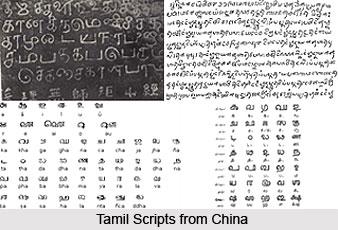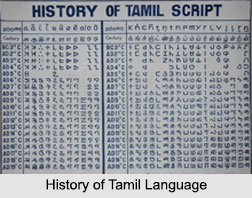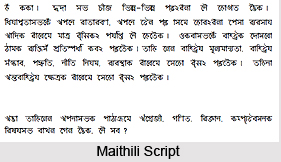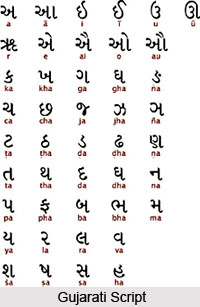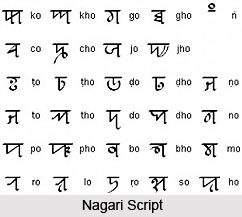 English language is now the associate official language of India which began in India in the 1830s during the rule of the East India Company. The sole reason behind English language in India been laid such accentuation lies manifested in the fact that India had once extensively served as a British colony.
English language is now the associate official language of India which began in India in the 1830s during the rule of the East India Company. The sole reason behind English language in India been laid such accentuation lies manifested in the fact that India had once extensively served as a British colony.
History of English Language in India
English language began in India in the 1830s in the rule of the East India Company which was a significant move by British administration linked with India and its English counterpart. The Christian missionaries also erected schools at primary level for Indians, in which the medium and language of instruction was local language. Later on, the missionaries went on to build high schools with English as the language of instruction which accommodated the natives who wanted to study, to possess a sound knowledge of English. British rulers began building their universities in India precisely from 1857, post the historical and fate-deciding "Sepoy Mutiny" and transferring of power from East India Company to direct annexation under Queen Victoria`s sovereignty. English had thus become the first language in Indian education.
In 1857 just before the end of company regulation, universities modelled on the University of London and using English as the medium of instruction were established in Mumbai, Kolkata and Chennai. During the subsequent Crown Rule in India, English language penetration increased all through India. This was driven in part by the slowly increasing hiring of Indians in the civil services. After Independence, India became a nation state, and it was intended that English would gradually be phased out as the language of administration. At first Hindi, the most widely spoken language, seemed the obvious choice, but following violent protests in 1963 in the state of Tamil Nadu against the imposition of Hindi as a national language, opinion has remained divided. English remains as an "Associate Language" in India, alongside Hindi, the "Official Language of the Union of India" and eighteen `National Languages`, such as Bengali, Gujarati and Urdu that have a special status in certain individual states. According to British laws, the language of instruction at university level was mandated to be English and thus schools that accentuated upon English were preferred by motivated and go-getting Indians.
English Language in India Today
Officially and according to Constitutional law makers, English language in India is lent the status of a subsidiary language after Hindi, but is, in effect, the most important language used in the country. After Hindi, it is the most extensively spoken language in India and probably the most read and written language too. However, this very trend of English language in India is wholly dedicated towards making this `foreign` language out-and-out Indianised. For most of these students, English is mandatory as the first language and it becomes easier for them to communicate in international levels. English is extensively used in the media, in Higher Education and government. English is also the state language of two states in eastern India, Meghalaya and Nagaland.
The Indian English language that is utilised by nationalised news sections in newspapers have been deduced from Indian languages, especially from Hindi. Other than this, there sometimes arises a dilemma with the Indian accent, which is at times difficult for non-Indians to comprehend. There also exist some Indian pronunciations that do not exist in non-Indian languages. During the British ascendancy in India, they also had encountered problems with that and they induced some changes in Indian words to make pronunciation easier. English language in India, since then, started to make its still-continuing impact upon the country`s burgeoning population, who, alternatively, started using these modified words and made them part of their vocabulary. Two illustrations of such changed words are curry and sari.
India has two national languages for federal and central purposes, comprising Hindi and English. Hindi is the national, official and basic linking language of India. English is esteemed as an associating official language. The Indian Constitution also officially approves twenty-two regional languages for official purposes. Learning English language in India has become well-accepted for business, commercial and cultural reasons and particularly for internet communications throughout the world. English is a language that is deemed a benchmark not because it has been accredited by any `standard` organisation, but because it is extensively employed by many information and technology industries and recognised as being standard. The `call-centre` phenomenon has aided in stimulating an immense expansion of internet-associated activity, grounding the future of India as a `cyber-technological super-power`. Modern communications, videos, journals and newspapers on the internet make use of English and have made `knowing English` indispensable.
Maintaining a positive attitude to English as a national language is fundamental to the consolidation of populace in Indian society. There would practically appear to be no discrepancy within the community about the authority of English language skills in India. By making thorough usage of English, one can gradually become a citizen of the world almost effortlessly. English also plays a prevalent role in the media. It has endlessly been used as a medium for inter-state communication and broadcasting both before and since India`s Independence. India is, without any doubt, devoted to English as a national language. The impact of English is not only continuing but increasing towards a secured next day.
